The 2024 Milton Handler Lecture was presented by Visiting Fellow Bill Baer to the New York City Bar Association on May 14, 2024.
I begin with the 2020 campaign, particularly the Democratic primary, where Senators Sanders and Warren took mainstream the debate that we in the antitrust silo have engaged in for years: whether to continue to embrace, to modify, or to abandon Robert Bork’s Chicago School view that antitrust enforcement should play a very limited in our economy; that enforcers were more likely to screw things up than make them better; that markets generally were competitive and, to the extent they were not, were invariably self-correcting and could be counted on to ensure price, quality, and innovation competition.1
The progressives argued–in plain English (and that is a compliment)–that the model got it wrong: industrial organization (IO) economists have been telling us for years that most markets are not perfectly competitive—not even close; that enforcement, actually, under-enforcement, based on that erroneous assumption has led to increased concentration throughout the economy, contributed to the growing income gap between the super wealthy and the average worker, allowed tech platforms to monopolize their respective markets; and ignored how monopsony power—buyer power—suppressed labor and other forms of upstream competition.
Candidate Biden embraced that progressive view in the general election, and President Biden and his team from the outset undertook a fundamental rethinking of the role antitrust and competition policy can and should play in the American economy. They highlighted the deficiencies in the Chicago School’s hands-off approach to enforcement and challenged reliance on “the consumer welfare standard”–a phrase that today has achieved Rorschach inkblot status, subject to so many eye-of-the-beholder interpretations that the term today confuses more than clarifies.
Over three years ago, the Biden team began by asking two basic questions: Where is our economy not functioning competitively, and what tools can the federal government employ to address those problems?
…The saying that “politicians campaign in poetry but govern in prose” comes to mind.2 Both FTC Chair Lina Khan and Assistant Attorney General Kanter in their prior lives spoke passionately about the need to reject the tenets of the Chicago School and pursue a competition policy that recognized that imperfect competition and unaddressed consumer and worker harm characterized many markets. Some critics worried that their neo-Brandesian call to arms would produce a radical agenda that the courts would systematically reject. But the reality is that this administration deserves credit for identifying areas where competition policy and enforcement could make a difference and taking actions that respected antitrust jurisprudence while invoking it to tackle the many areas of our economy where markets were not delivering the price, quality, and innovation competition we deserve. They translated the poetry of the progressive movement into the prose of competition policy and enforcement. That deserves to be recognized.
-
Footnotes
- Robert H. Bork, “The Antitrust Paradox: A Policy at War with Itself” (New York: Basic Books, 1978).
- “The truth is, we campaign in poetry. But when we’re elected, we’re forced to govern in prose.” – Mario Cuomo in: “Excerpts from Governor’s Speech on Politics and Principles,” The New York Times, February 16, 1985 https://www.nytimes.com/1985/02/16/nyregion/excerpts-from-governor-s-speech-on-politics-and-principles.html.
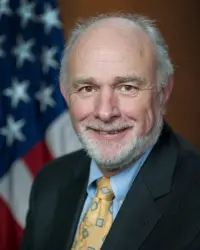
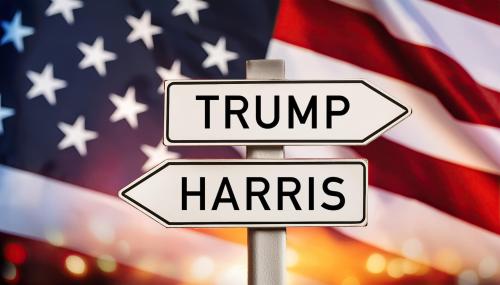
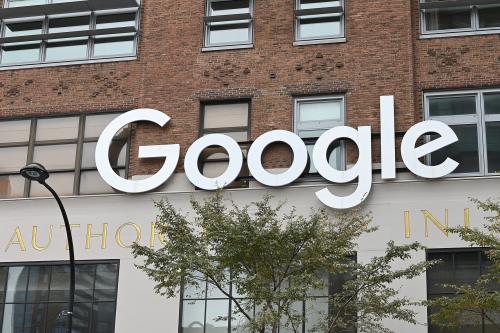
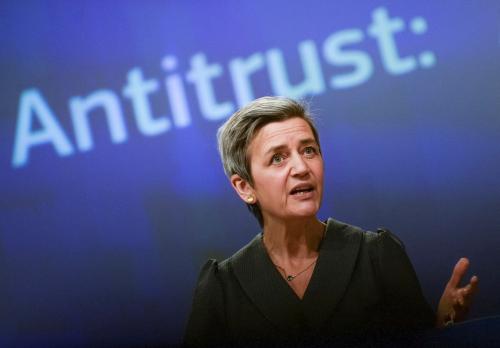

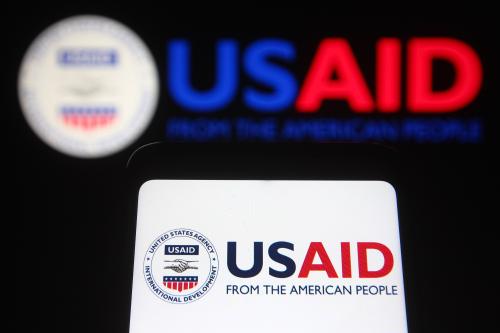

Commentary
Competition policy in the Biden administration: Translating campaign poetry into governing prose
The 2024 Milton Handler Lecture
May 28, 2024